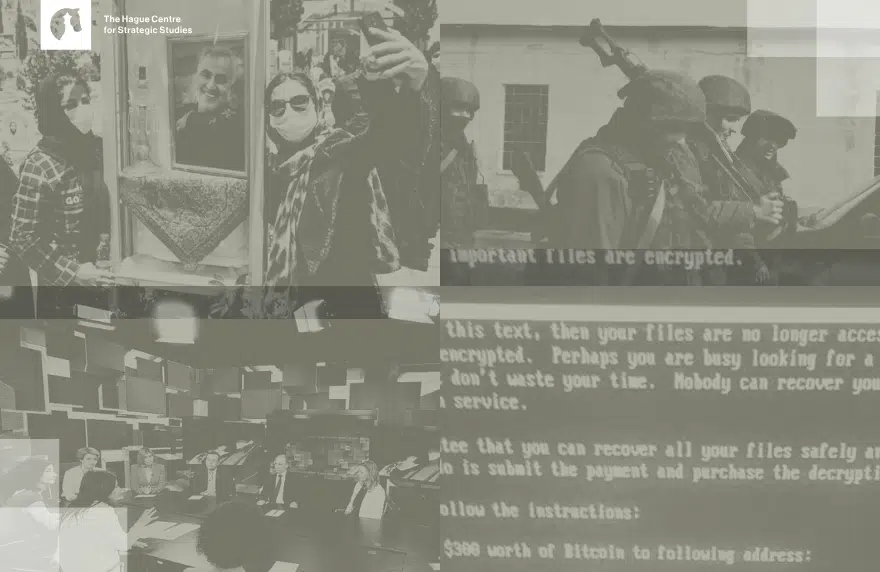Research
While the theory and practice of military campaigning has been refined for centuries, there is no dedicated guidance on how to design and implement campaigns to counter hybrid threats for modern security practitioners across government. Meanwhile, existing military planning guidance is not suited for planning complex, non-military counter-hybrid campaigns.
This paper by Sean Monaghan (CSIS) and Tim McDonald (Pardee RAND) develops an alternative approach to campaigning against hybrid threats based on systems thinking principles. Their key innovation is to characterise grey zone competition as a complex adaptive system. This allows the central tenets of military operational planning to be refined based on systems logic. The result is a series of principles for campaigning
in the ‘grey zone’ between peace and war, augmented by a guide to action based on three functions: understand, act, and adapt. The authors illustrate this approach and provide real-world context through example campaigns.
By applying systems thinking to grey zone competition, the transatlantic community can move away from a narrow, limiting military-centric doctrine towards a systems approach to countering hybrid threats in a complex world.
The Authors:
Sean Monaghan serves as a visiting fellow within the Europe, Russia, and Eurasia Program at the Center for Strategic and International Studies where he specializes in matters related to NATO, European security, and defence. With a professional background as a civil servant in the UK Ministry of Defence, his career has been dedicated to international defence policy, encompassing areas such as NATO, the European Union, and the United States. He has published widely on countering hybrid threats and from 2017-2019 led the MCDC Countering Hybrid Warfare project.
Tim McDonald is a post-doctoral fellow at the Pardee RAND Graduate School and a visiting researcher at the Program on Negotiation at Harvard Law School. He conducts research and advises decision makers on policy challenges and competitive strategy, focused on social policy and national defense. He has a Ph.D. in policy analysis from Pardee RAND and an M.P.P. in business and government from the Harvard Kennedy School.
This paper is part of the Campaigning against Hybrid Threats Paper Series, edited by Director of Research Tim Sweijs.







